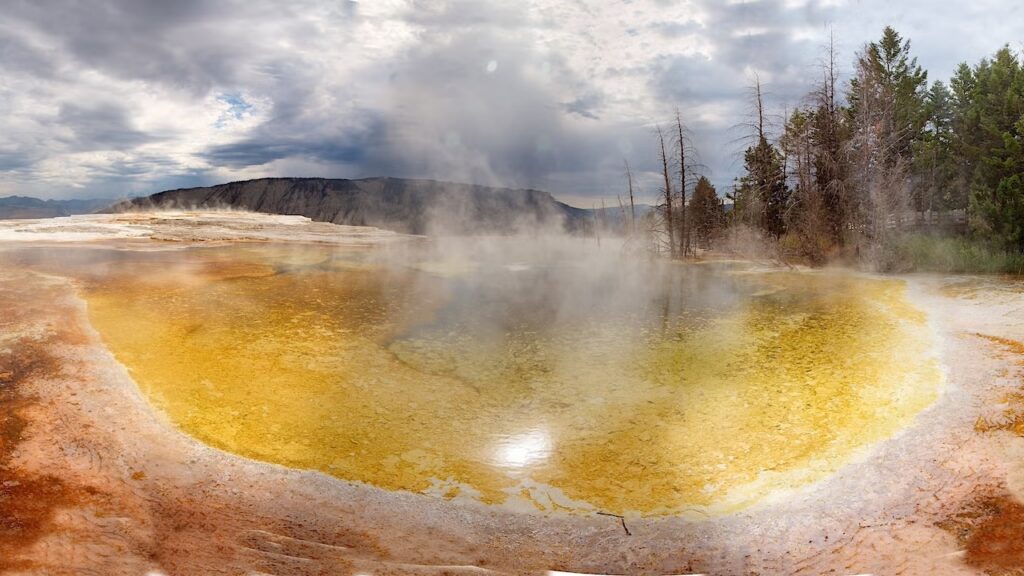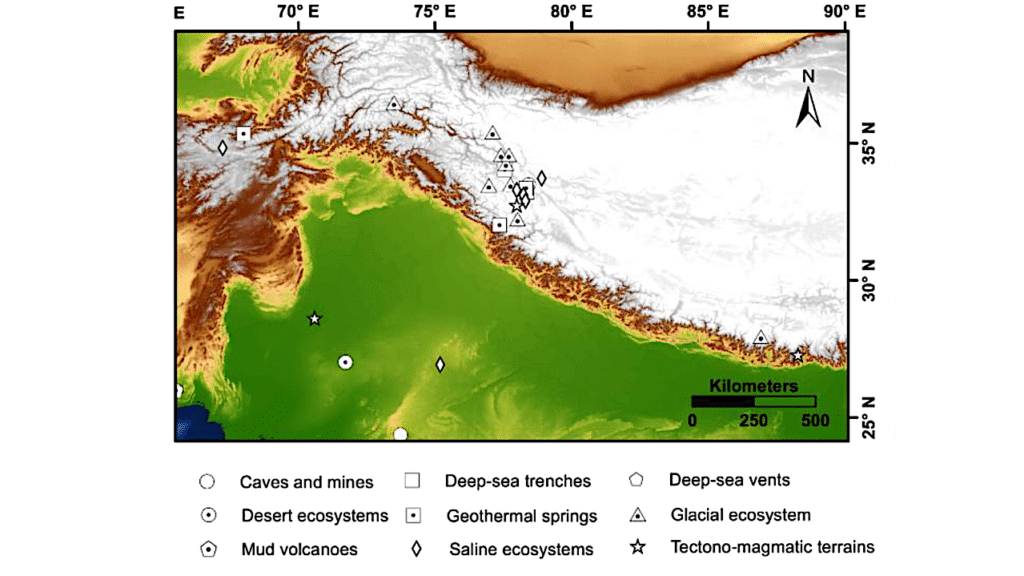Alan Stern Selected to Lead NASA Science Mission Directorate
NASA Administrator Michael Griffin announced Monday that Dr. S. Alan Stern will be the agency’s associate administrator for the Science Mission Directorate, effective April 2. Stern succeeds Dr. Mary L. Cleave who announced her retirement.
Stern joins NASA from the Southwest Research Institute’s Space Science and Engineering Division, Boulder, Co., where he has been serving as executive director of the Space Science and Engineering Division.
As chief executive of NASA’s Science Mission Directorate, Stern will direct a wide variety of research and scientific exploration programs for Earth studies, space weather, the solar system and the universe beyond. In addition, he will manage a broad spectrum of grant-based research programs and spacecraft projects to study Earth and the universe.
Stern is a planetary scientist and an author who has published more than 175 technical papers and 40 popular articles. His research has focused on studies of our solar system’s Kuiper belt and Oort cloud, comets, satellites of the outer planets, Pluto and the search for evidence of solar systems around other stars. He has worked on spacecraft rendezvous theory, terrestrial polar mesospheric clouds, galactic astrophysics and studies of tenuous satellite atmospheres, including the atmosphere of the moon.
Stern has a long association with NASA, serving on the NASA Advisory Council and as the principal investigator on a number of planetary and lunar missions, including the New Horizons Pluto-Kuiper Belt mission. He was the principal investigator of the Southwest Ultraviolet Imaging System, which flew on two space shuttle missions, STS-85 in 1997 and STS-93 in 1999.
He has been a guest observer on numerous NASA satellite observatories, including the International Ultraviolet Explorer, the Hubble Space Telescope, the International Infrared Observer and the Extreme Ultraviolet Observer.
He holds bachelor’s degrees in physics and astronomy and master’s degrees in aerospace engineering and planetary atmospheres from the University of Texas, Austin. In 1989, Stern earned a doctorate in astrophysics and planetary science from the University of Colorado at Boulder.
He is an instrument-rated commercial pilot and flight instructor, with both powered and sailplane ratings. Stern and his wife have three children. [Source: Astrobiology Institute Newsletter]








